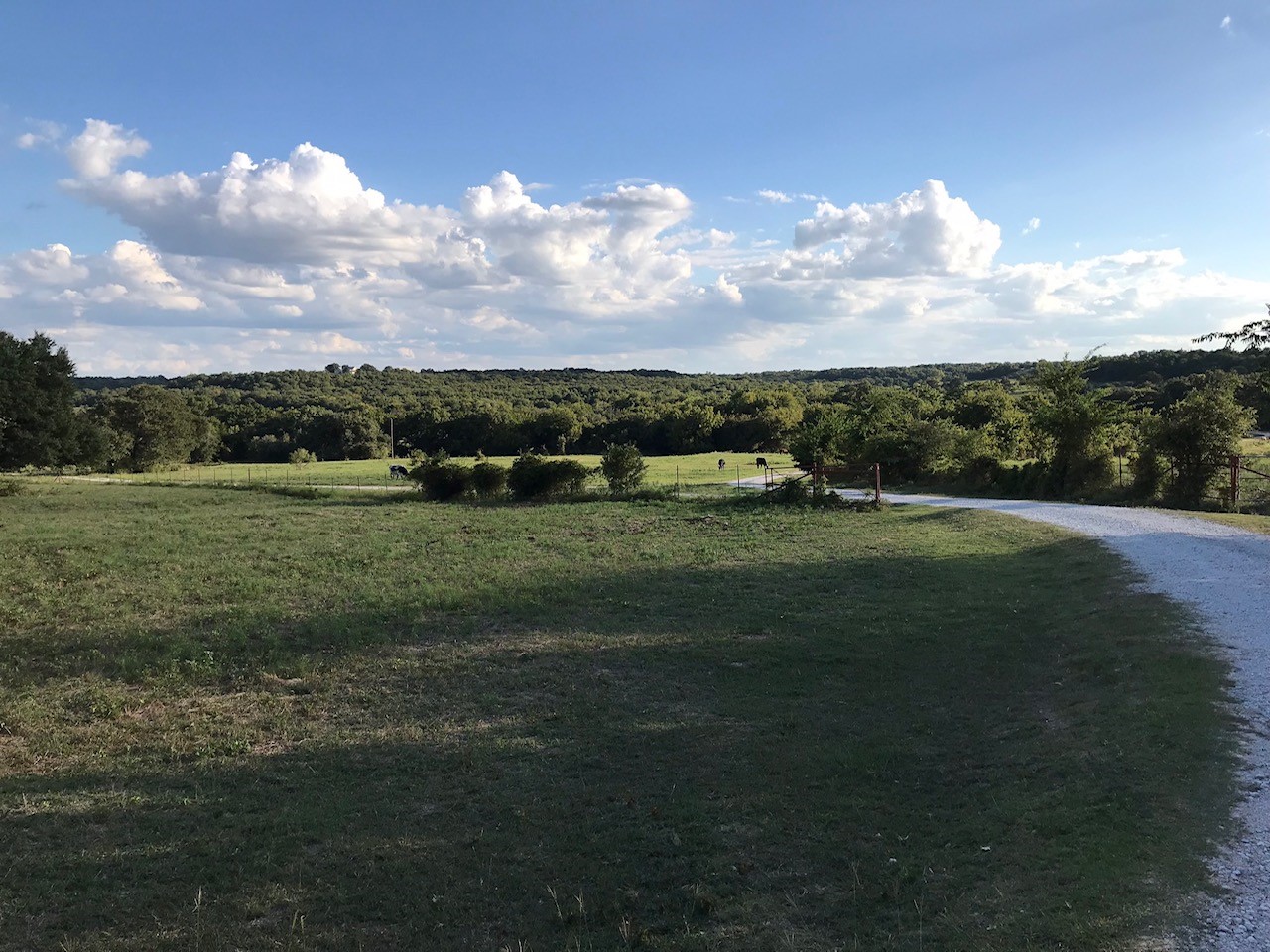
Deed restrictions are put in place by developers and land owners/sellers to preserve the
integrity, beauty, and value of the land for its proposed use.
Deed restrictions run with the land and are tied to the deed. They are usually very difficult to change. “Running with the land” refers to the rights and covenants in a real estate deed that remain with the land regardless of ownership. The rights are tied to the property or land and not to the owner and move from deed to deed as the land is transferred from one owner to another.
County land is not zoned until it is in the city limits so land developers in the county usually have deed restrictions specific to that development. Deed restrictions can be one sentence or 100’s of pages. I have seen many individuals buy without using a Realtor (or using one who isn’t experienced with the selling of land) only to find out later that there are deed restrictions they were never made aware of by the seller or title company. A note on this- it is always up to the buyer to do their DUE DILIGENCE! When reviewing deed restrictions I HIGHLY recommend you as a buyer speak to an attorney to interpret them in detail according to your proposed use of the land. Here are a few examples I’ve personally seen happen:
1- Buyer purchases a portion off of a tract that was already platted.
In order to build on this tract the buyer (now owner) was required to re-plat the smaller tract through the city, as it was in that cities ETJ. This cost the new owner thousands of dollars, and most importantly, the new owner could not use the land as they intended due to building restrictions they had never seen. When later selling the land and hiring me as their Realtor I was able to have title pulled and give the owner the deed restrictions which were over 100 pages. This owner was told there were no deed restrictions and honestly the seller they bought from probably had no idea how deed restrictions work.
2-Owner of a 5 acre tract of land paid to have the acreage re-platted into two smaller lots.
After paying a lawyer, surveyor and the county thousands of dollars the owner found out that there were deed restrictions preventing the lot from being subdivided. That should have been the first thing reviewed by the owner but unfortunately the owner, surveyor and lawyer missed it until it got to the county for approval and the money had already been spent. As mentioned above I always recommend buyers have an attorney review deed restrictions so they understand exactly what restrictions allow or prevent.
Now these are extreme situations but I see these happen yearly. I also regularly see sellers, not familiar with selling land, that are unaware of many of these items and how they can have a negative effect on buyers after they take possession of their new land tract. Hire a Realtor that is experienced in land and it does not cost you a dime as the SELLER usually pays our commission!
I hope this series has given you insight into the many steps and parts of purchasing (and selling) land and has helped you understand why hiring a Realtor who is experienced can be a true asset to you.

